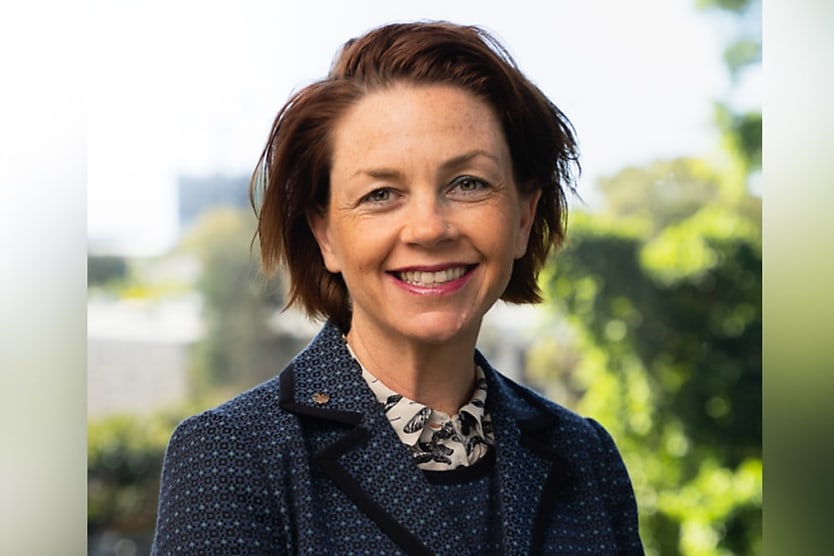Aussies agree more needs to be done to support women leaders
SHARE THIS ARTICLE

Australia’s proportion of female leaders has many concerned, and research has revealed that the majority agree more needs to be done to support our female business leaders.
As recently discussed by HR Leader’s sister brand, Accounting Times, there are concerns that female-led start-ups face barriers and may require more funding.
It appears many people across the country share similar sentiments, as Caritas Australia’s Women for the World report revealed that over 70 per cent of females feel that there are currently not enough female role models in leadership positions.
Furthermore, 75 per cent of all Australians recognise that women face discrimination, and nearly three-quarters believe we need to reduce the gap in funding new companies to support more female entrepreneurs.
Caritas Australia chief executive Kirsty Robertson commented on the findings: “Through gaining insights on Australians’ beliefs when it comes to issues faced by women every day, it enables us to address how we can make the needed changes.”
“The report revealed that 75 per cent of Australians surveyed felt that women face discrimination on a daily basis; it calls for the urgent need for collective action to dismantle barriers and create a world where women and girls can thrive.”
According to the report, younger Aussies were more active in recognising this discrimination, with 51 per cent of Gen Z and Millennials claiming they had experienced it in some form.
These results certainly reflect the current state of women leadership in Australia. According to the government, just 22.3 per cent of chief executives are women. Similarly, only 34 per cent are board members, 35.1 per cent hold key management positions, and 18 per cent are board chairs.
In response to this, Ms Robertson is calling on the government to help reduce these issues by implementing policy that promotes gender equality and protections for vulnerable women.
“There is no greater time than now for governments, policymakers, and individuals to look into the importance of creating an environment that fosters gender equality and supports women’s empowerment,” Ms Robertson said.
“By amplifying voices against discrimination and working collaboratively, we can construct a world where everyone’s potential shines irrespective of gender. Our path may be challenging, but the vision is compelling – a future where equality prevails.”
Organisations can do their part to help turn these statistics around by being mindful of their impact and enacting policies that assist in achieving equity.
The Workplace Gender Equality Agency said: “While Australia is making progress on many aspects of gender equality, female representation in leadership continues to be a cause for concern.”
“Women are underrepresented at leadership and management levels in Australian workplaces. Progress towards gender equality has been too slow even though there are strong economic arguments underpinning the case for equality … organisations [that] set voluntary targets are able to set realistic goals, taking into account their specific circumstances and environments.”
RELATED TERMS
According to the Australian Human Rights Commission, discrimination occurs when one individual or group of people is regarded less favourably than another because of their origins or certain personality traits. When a regulation or policy is unfairly applied to everyone yet disadvantages some persons due to a shared personal trait, that is also discrimination.
Jack Campbell
Jack is the editor at HR Leader.

